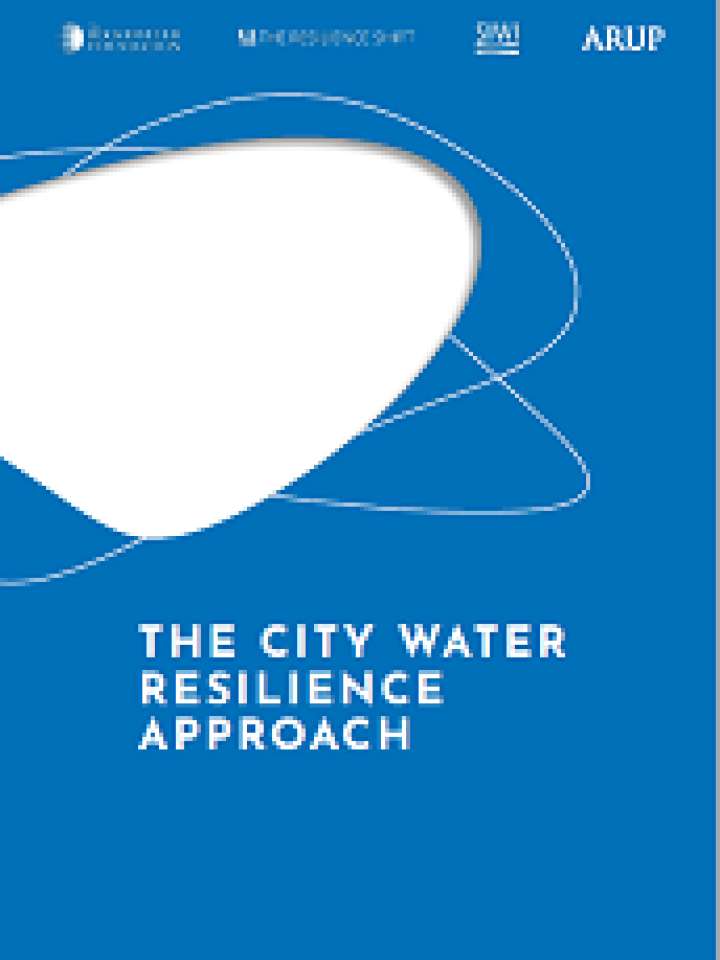City water resilience approach
The City Water Resilience Approach responds to a demand for innovative approaches and tools that help cities build water resilience at the urban scale. The City Water Resilience Approach was developed to help cities grow their capacity to provide high quality water resources for all residents, to protect them from water-related hazards, and to connect them through water-based transportation networks (“provide, protect, connect”).
The approach is the result of fieldwork and desk research, collaborative partnerships with subject matter experts, and direct engagement with city partners. Based on this research, the City Water Resilience Approach outlines a process for developing urban water resilience, and provides a suite of tools to help cities grow their capacity to survive and thrive in the face of water-related shocks and stresses.
With cities worldwide expected to grow an estimated 2 billion residents by 2050, there is an urgent need for urban water management that ensures consistent, adequate and high-quality water services for all. However, the scale and complexity of this need presents new challenges to decision-makers in government, civil society and the private sector.
Explore further
